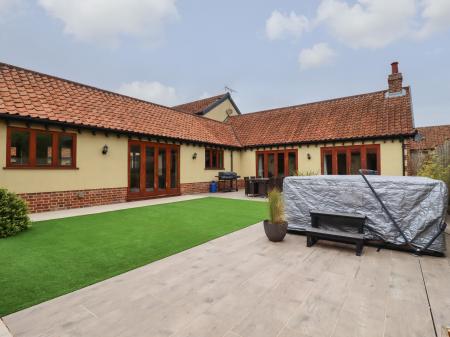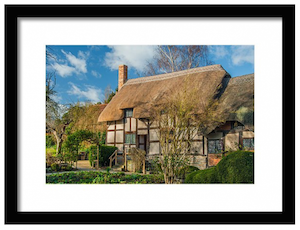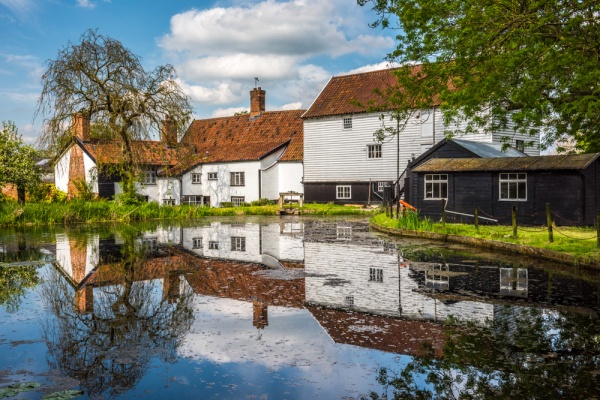
Records from the Domesday Book of 1086 show that there has been a mill at Pakenham for over 900 years. Archaeological excavations suggest that there may even have been a mill near the site in the early Roman period (AD 43-60).
St Edmundsbury Abbey owned Pakenham until the Reformation when the manor reverted to the crown. A Tudor watermill was erected near the site, and the remains of the Tudor foundations can still be seen.
The current mill replaced the Tudor mil in the late 18th century. The date 1814 appears carved into a datestone on the mill building, but this is the date of major restoration works at that time. Pakenham Water Mill ceased regular operation in 1974. The Suffolk Preservation Society took over ownership in 1978, restored the mill to working order, and opened it to visitors.
The mill is powered by a 16-foot diameter water wheel which drives two pairs of millstones to grind wholemeal flour. In addition, there is a 17 h.p. oil engine which was installed in the 1930s as backup power for times of low water flow. The oil engine is now used to power a roller mill to produce fine white flour.
Visitors can watch the milling process and purchase fresh ground flour on the premises. There are regular events throughout the year, including special family milling day demonstrations, exhibitions of historic machinery and folk crafts, and half-term special events.
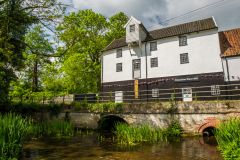
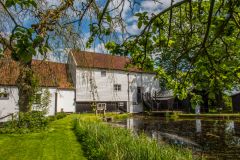
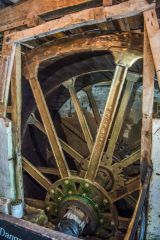
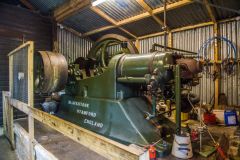
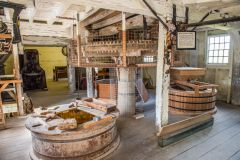
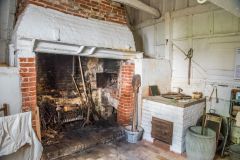
 We've 'tagged' this attraction information to help you find related historic attractions and learn more about major time periods mentioned.
We've 'tagged' this attraction information to help you find related historic attractions and learn more about major time periods mentioned.
